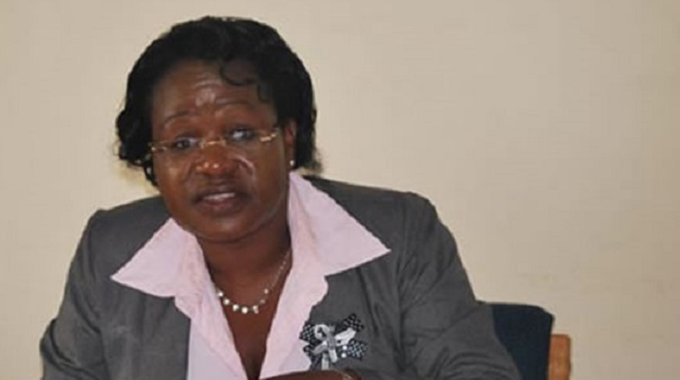Government rolls out second cholera dose

Andile Tshuma, Chronicle Reporter
GOVERNMENT has started rolling out the second dose of cholera vaccination, which is expected to reach over one million people in the country’s cholera hotspots.
Director of epidemiology and disease control in the Ministry of Health and Child Care Dr Portia Manangazira yesterday said the exercise began on Wednesday.
“The second round of vaccination targets over 1,1 million residents in cholera hotspots of Harare. Mbare, Glen View, Budiriro, Glen Norah, Hopley, Mufakose and Waterfalls will receive their vaccines from March 25 to April 1. Caledonia, Dzivarasekwa, Hatcliffe, Kuwadzana, Mabvuku and Tafara will receive theirs starting from March 26 to April 2. About one million people were vaccinated through the first phase of the programme,” said Dr Manangazira.
Dr Manangazira said the vaccination programme was important to prevent the epidemic spreading to other parts of the country and described the first phase of the programme as a success.
She called on members of the public to cooperate with officials from the health ministry who will be carrying out the exercise.
“Cholera vaccination is mostly for outbreak response and curbing spread to the rest of the country. We achieved high coverage in all suburbs and the communities were very co-operative during the first phase of the programme. We are calling for similar responses as the success of such an exercise heavily relies on public cooperation,” she said.
About 60 people died of cholera last year, prompting the Government to roll out a vaccination programme in hotspots like Harare and Chegutu to avoid new cases.
Dr Manangazira said the Epidemiology and Disease Control Department in the Ministry of Health was working tirelessly to ensure that the epidemic was controlled.
She said there would be a third and final vaccine to be rolled out soon after completion of the second dose and urged the community to co-operate with health workers and teams carrying out the vaccination programme.
Dr Manangazira urged the public to continue practising high standards of hygiene and to drink water from safe sources.
“Vaccination will not mean that people can start being lax with hygiene and their health. The public is therefore advised to continue practising high standards of hygiene to prevent other water borne diseases,” she said.
Dr Manangazira said the ministry was also closely monitoring Cyclone Idai-stricken areas in Manicaland and Masvingo Provinces, which she said were prone to vector borne and water borne diseases.
“We are closely monitoring the situation in Chimanimani, Chipinge, Masvingo and all areas and districts that were adversely hit by the cyclone. Due to flooding, such places tend to be at high risk of having cholera, malaria, typhoid and diarrhoea outbreaks. We have heard reports of malaria cases in neighbouring Mozambique, hence beefing up our efforts to ensure that our cyclone hit areas are closely monitored,” she said. – @andile_tshuma.











Comments